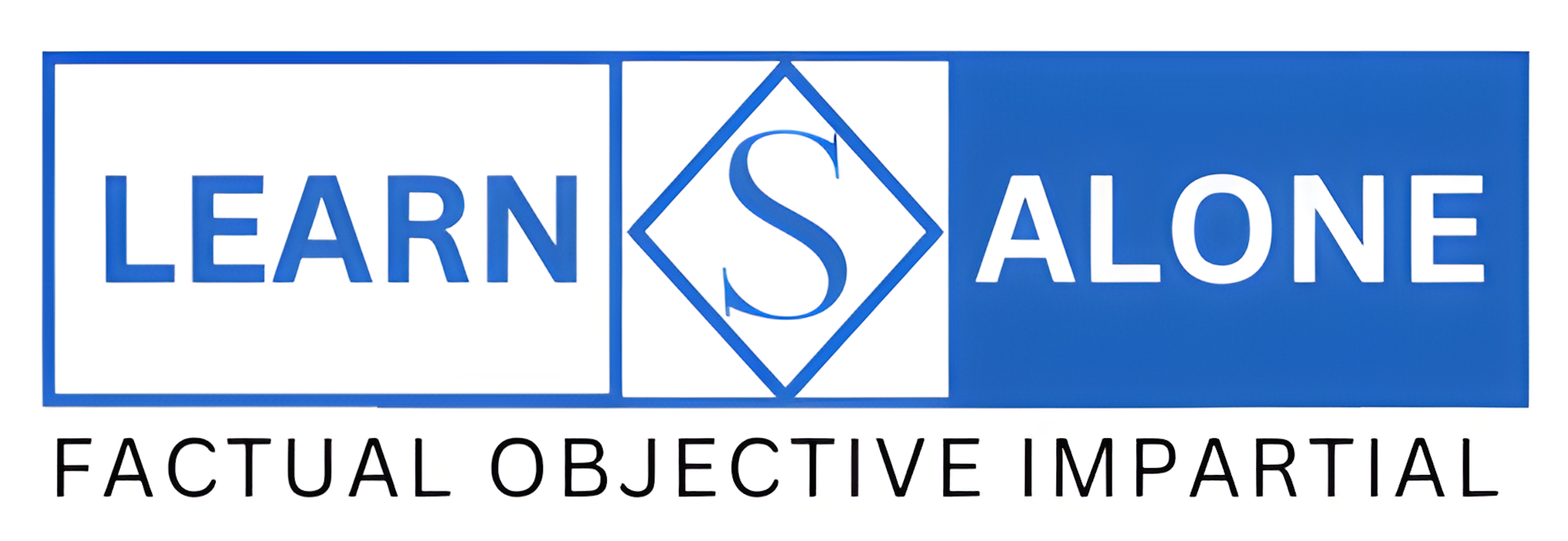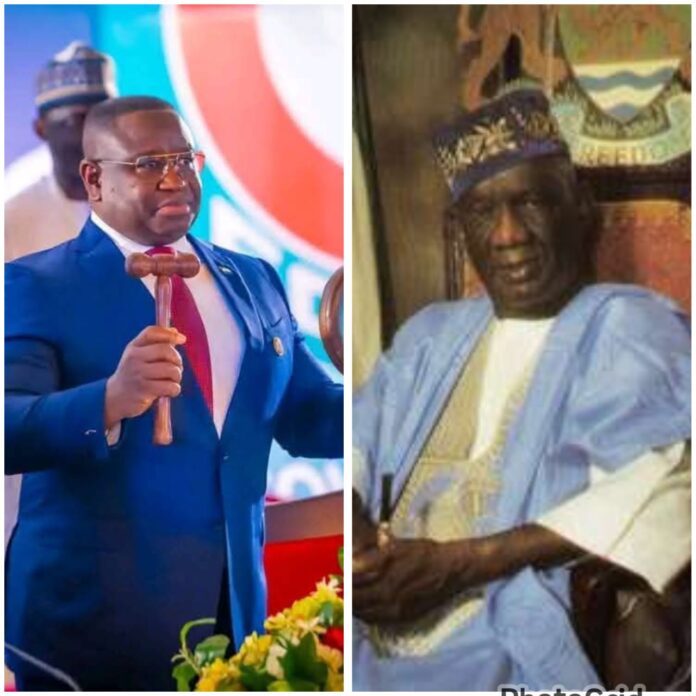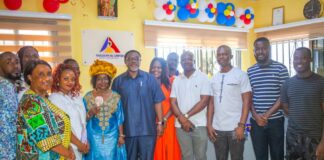By Edward Dictionary Caulker
In a striking twist of historical fate, Sierra Leone has returned to the forefront of West African leadership. President Julius Maada Bio’s recent appointment as Chairperson of the Economic Community of West African States (ECOWAS) marks a pivotal moment not only for his nation but for the entire region. It has been 43 years since Siaka Probyn Stevens, another Sierra Leonean leader, first held the same title in 1981 and was re-elected in 1982. The symbolism is potent, the timing critical, and the expectations immense.
A Nation Once Broken, Now Leading
Sierra Leone’s journey from the ashes of civil war to regional leadership is a powerful narrative of resilience and reinvention. The country that once made global headlines for its child soldiers, blood diamonds, and systemic instability has slowly rebuilt itself—politically, economically, and diplomatically. That a former military ruler turned democratically elected president can now preside over West Africa’s most significant regional body is testament to how far the nation has come.
Yet, this moment is not just about personal triumph or national redemption. It is a reminder that history, though cyclical, offers rare opportunities for reinvention. President Bio’s appointment is both a reward for progress and a challenge to lead with wisdom.
ECOWAS at a Crossroads
The ECOWAS of 2025 bears little resemblance to the economic-focused body of the early 1980s. Today, the organization grapples with existential questions. A surge in military coups, democratic backsliding, and widespread insecurity has tested the regional bloc’s effectiveness. Countries like Mali, Burkina Faso, and Niger have witnessed disruptions in constitutional governance, and ECOWAS’s response has often been seen as inconsistent or toothless.
Moreover, socio-economic tensions simmer beneath the surface: rampant youth unemployment, mass migration, rising extremism, and deepening public distrust in democratic institutions. ECOWAS must now redefine its purpose—moving from ceremonial leadership and protocol-heavy diplomacy to assertive, people-centered action. As Chair, President Bio will be expected to guide this transformation.
Sierra Leone’s Double-Edged Symbolism
Bio’s elevation to Chairperson comes with heightened scrutiny—especially at home. While his appointment has been met with regional applause, many Sierra Leoneans remain cautiously optimistic. The country faces persistent domestic challenges: economic hardship, rising living costs, political divisions, and concerns around press freedom and democratic space.
The irony is impossible to ignore. A leader seen as a regional statesman must now prove he can deliver similar progress and integrity on home soil. Can President Bio use his ECOWAS platform not only to influence regional discourse but also to inspire national renewal?
The weight of symbolism is immense, but symbolism alone is not enough. The people of Sierra Leone and the broader ECOWAS citizenry are looking beyond the optics—seeking impact, progress, and principled leadership.
A Moment to Redefine Leadership
President Bio’s tenure as ECOWAS Chairperson begins with the burden of history and the urgency of now. In 1982, Stevens oversaw a region still coming to terms with post-colonial transitions and wary of deep political integration. His leadership, while diplomatically engaged, was often seen as inward-looking and authoritarian in practice.
In contrast, Bio must lead in an era where regional cooperation is no longer optional—it is imperative. The threats facing West Africa are transnational, and only collective action can offer durable solutions. Bio’s leadership must confront this new reality with boldness: resisting unconstitutional power grabs, defending democratic institutions, and putting the needs of West Africa’s citizens above political convenience.
He must prove that ECOWAS can be more than a closed circle of presidents—that it can be a true defender of human rights, economic justice, and peace.
The Chair as a Test—and an Opportunity
Forty-three years after Stevens, Bio is being handed not just a title, but a test. What he does with this opportunity will shape both his personal legacy and the future direction of West African integration. Will he be a Chairperson who settles for symbolic victories, or will he rise to the mantle of transformative leadership?
The region is watching. Not for applause or ceremonial headlines, but for real results. This moment could be a turning point—for ECOWAS, for Sierra Leone, and for President Julius Maada Bio himself.
The chair is now his. The history books await what he does with it.



